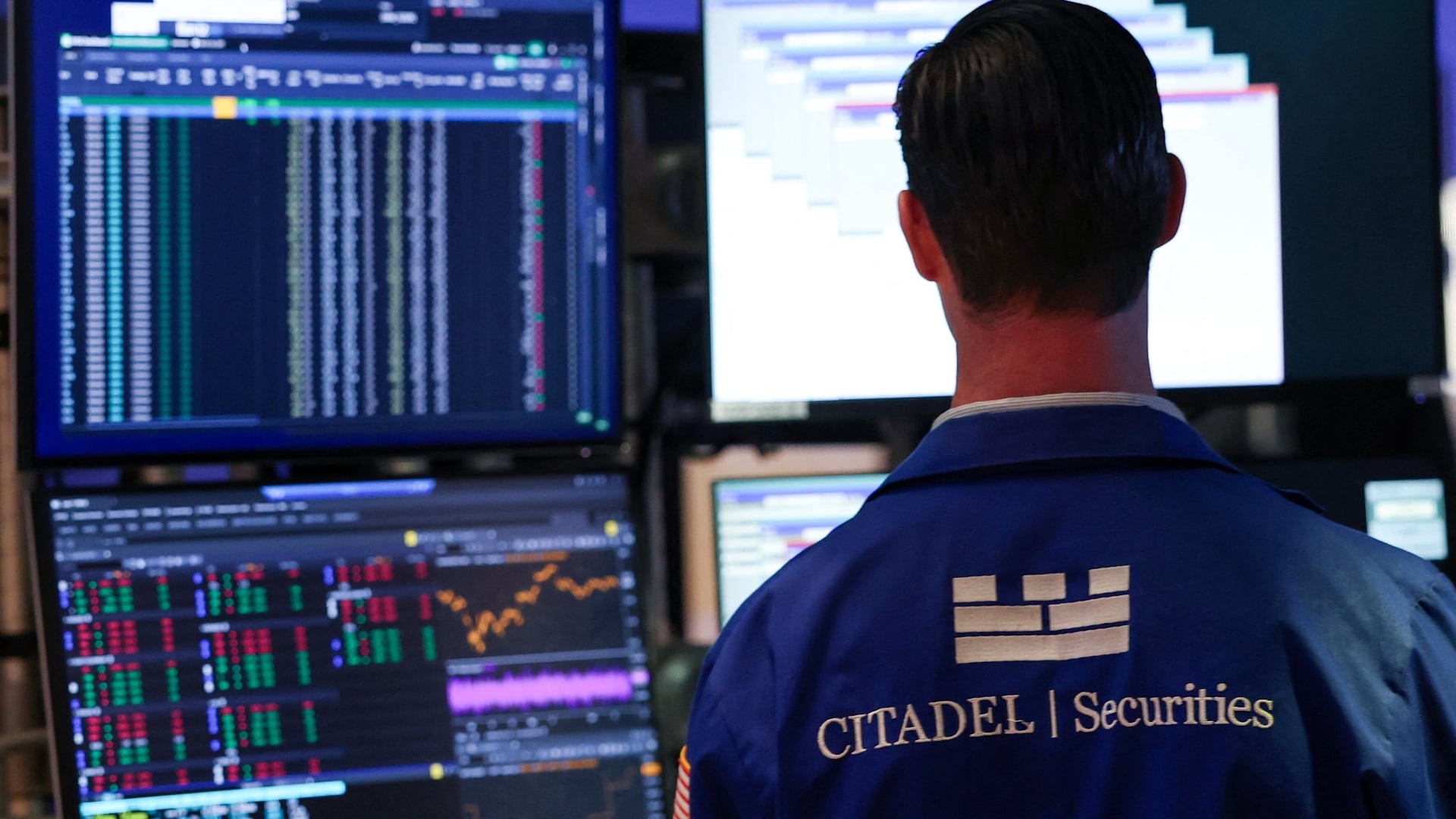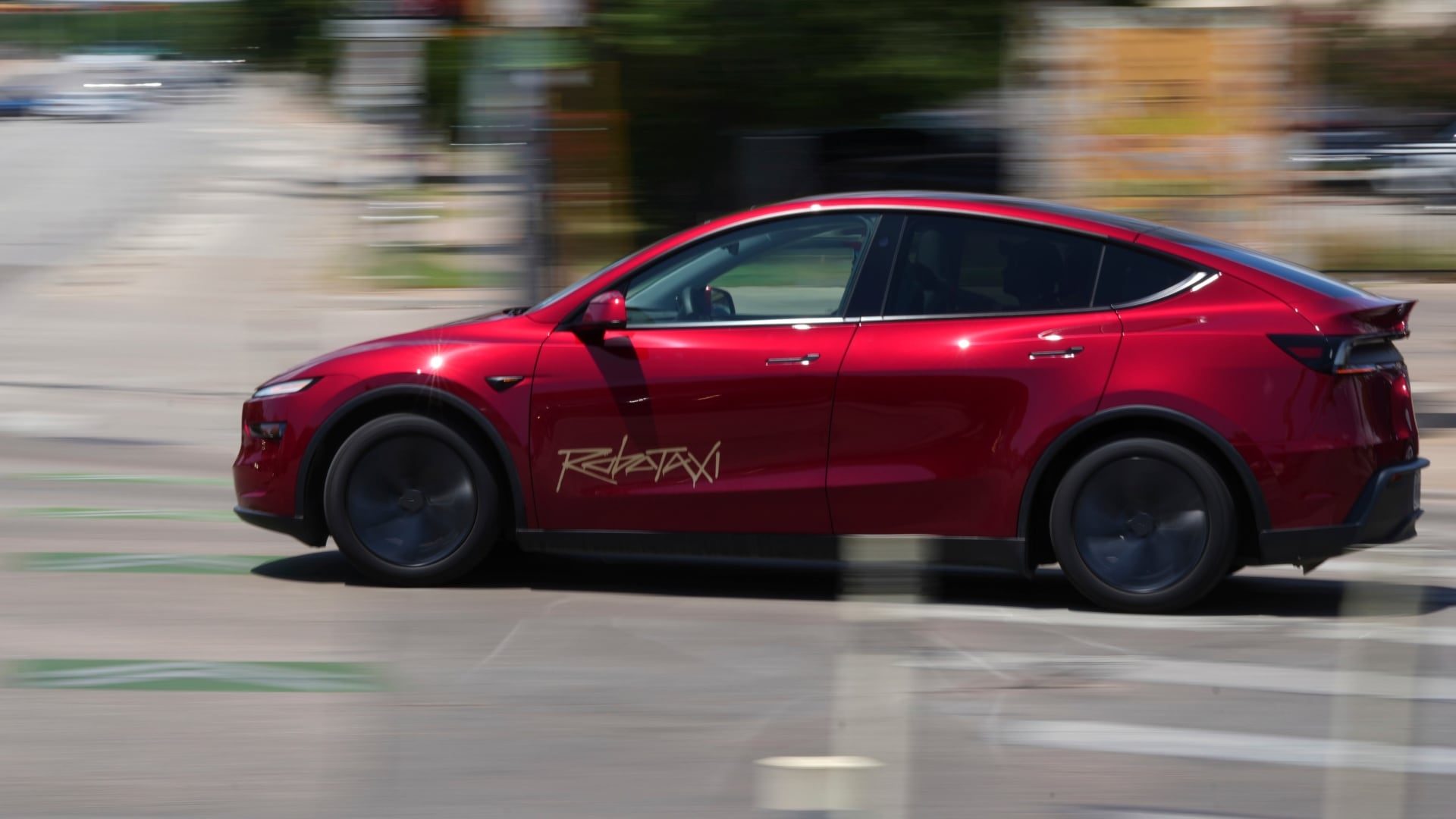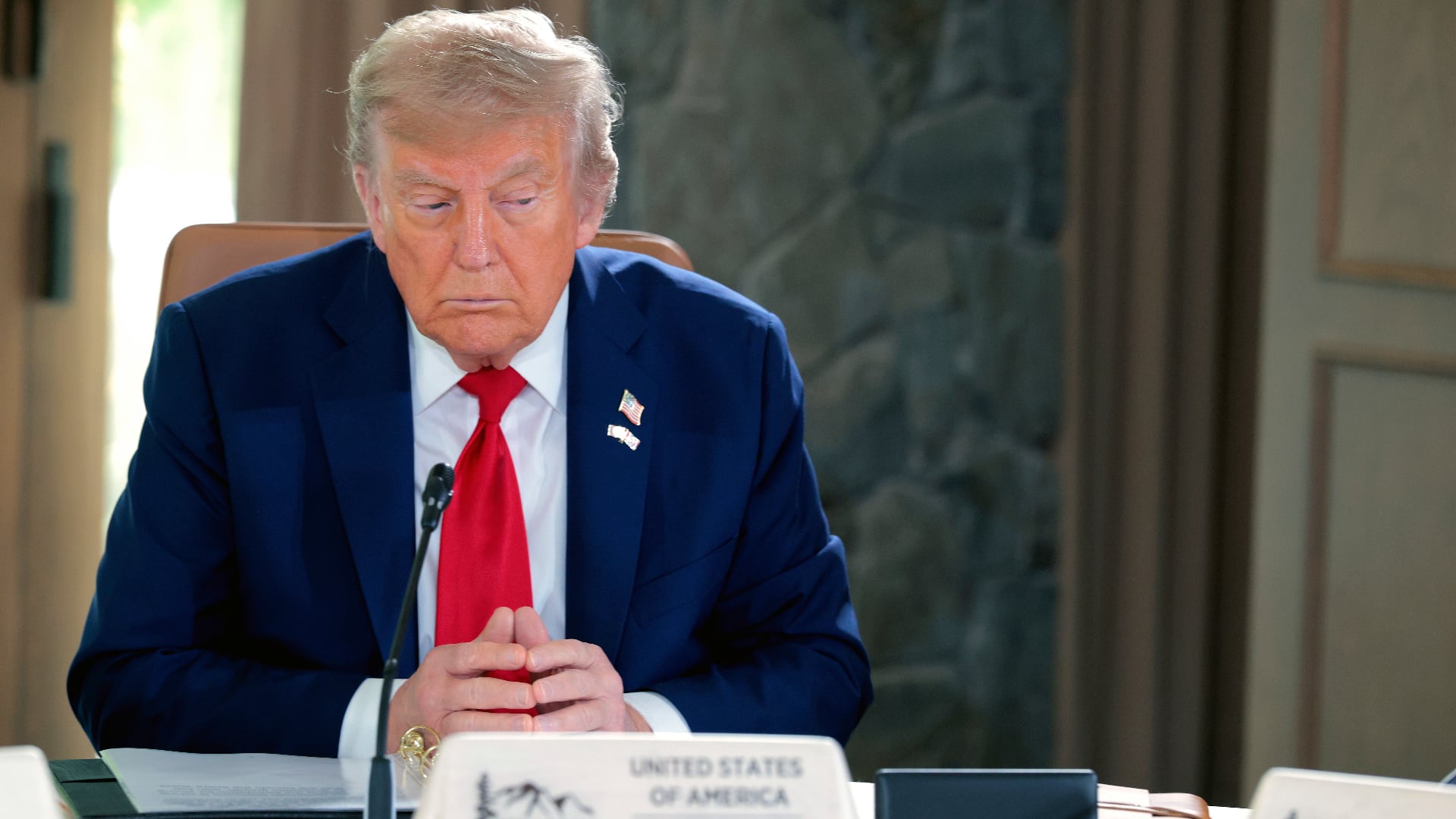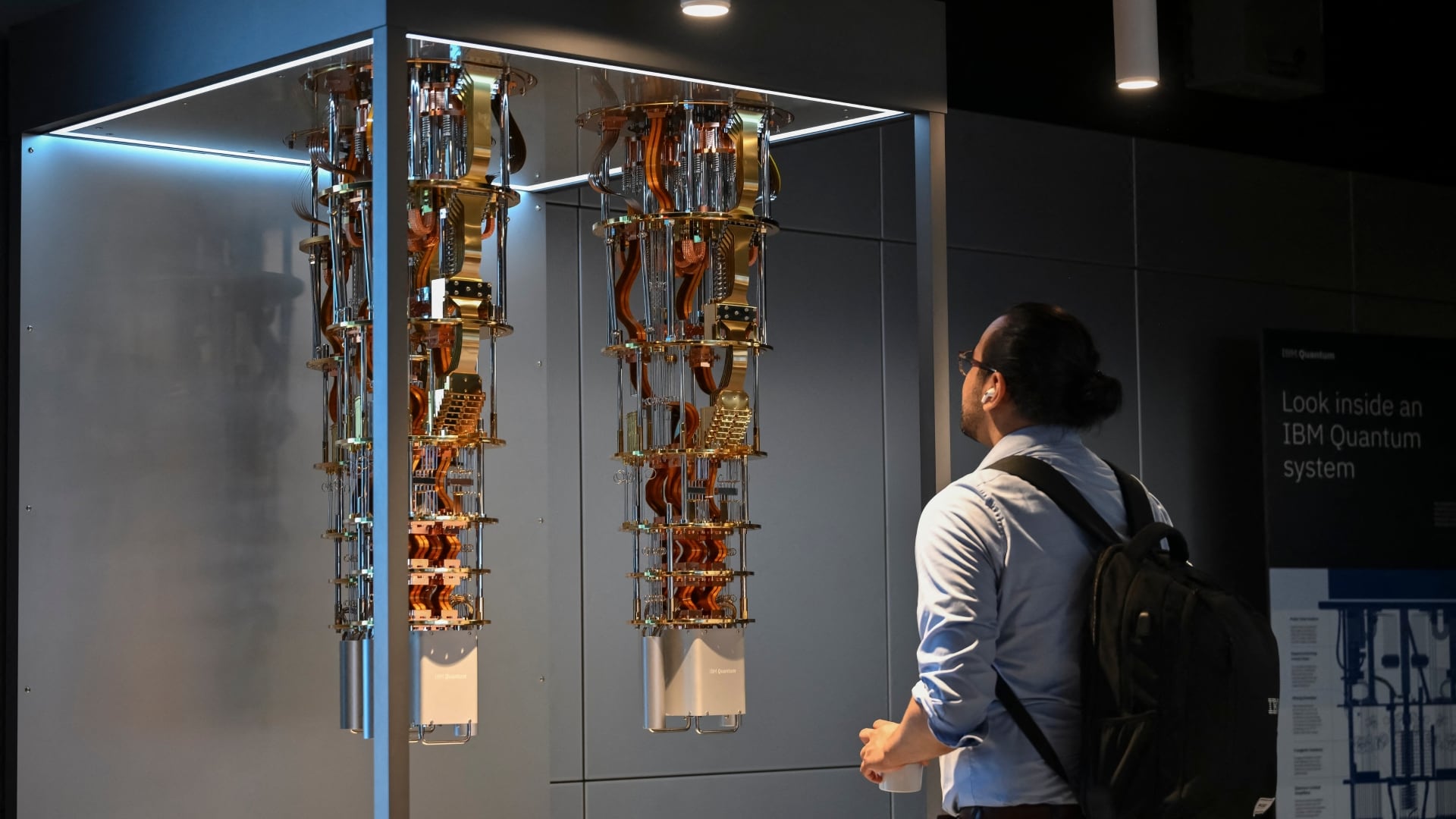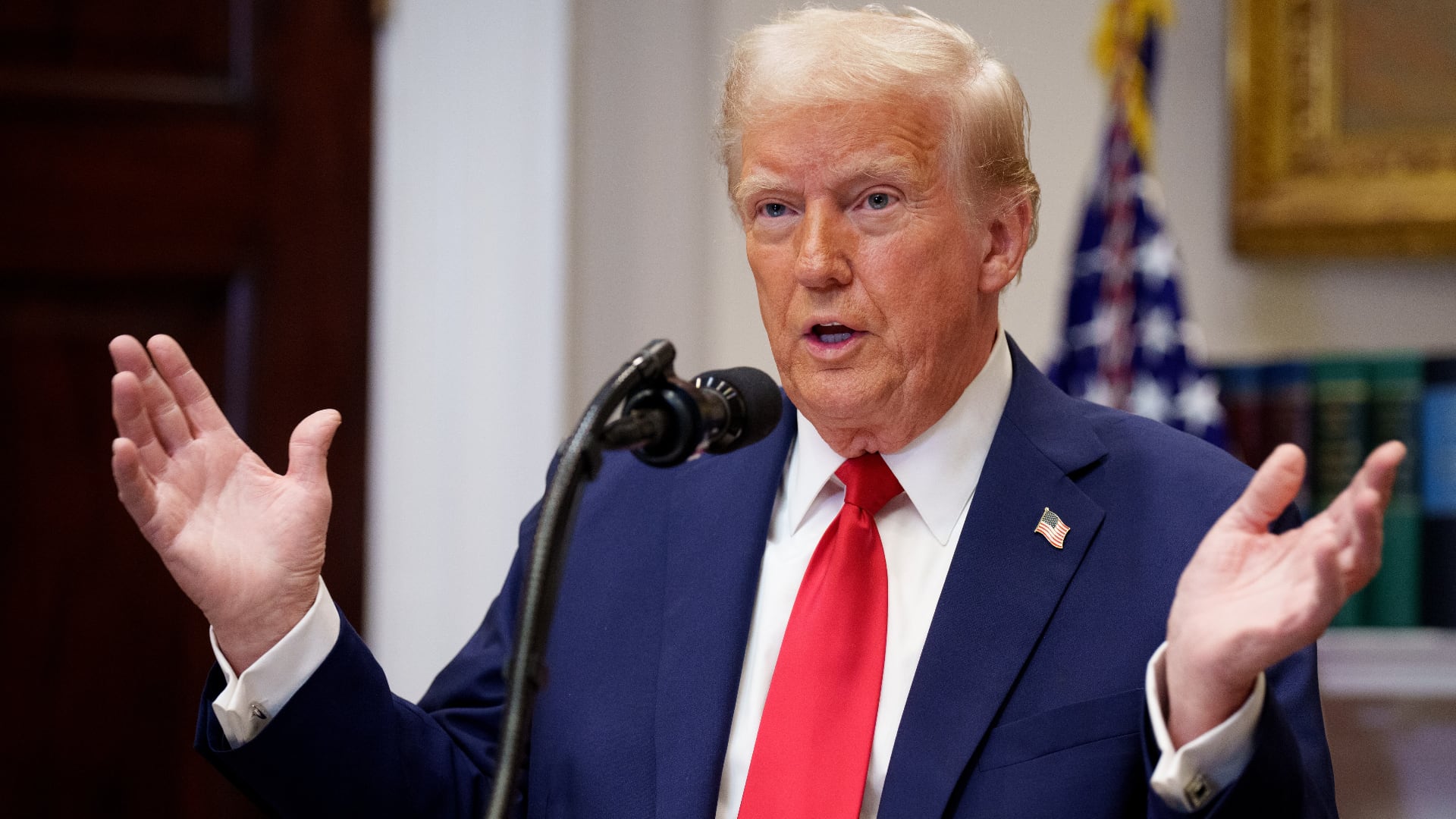Two industry giants. An $85 billion marriage. A lot of political noise. The stakes in the AT&T and Time Warner deal are high even before you add the Justice Department’s lawsuit to block the deal. Opening arguments for that trial kick off on Wednesday. For the two companies, an acquisition makes business sense, according to Ben Gomes-Casseres, Professor of International Business at the Brandeis International Business School. He pointed out that in the digital media industry, “content is king and pipes are commodities.” And that’s the driving philosophy behind this deal. Additionally, consolidation in both the content creation and the network provider industries would create “more efficiencies” for both sides of the equation. But last year, the Justice Department threw a wrench in the business plans, saying a tie-up would strangle competition in the field. AT&T and Time Warner argue the legal pushback is politically motivated since President Trump outwardly despises CNN, controlled by Time Warner, and has signaled he would block the deal. “I personally do not expect that this will become a political battle,” said Gomes-Casseres. “I think in the end the court will weigh whether or not this will harm consumers, whether it will harm innovation, or whether in fact it will promote more scale.” The reason this deal is being targeted is perhaps because it comes after the Comcast/NBC merger in 2011, the professor said. Generally speaking, “after there is a series of consolidation in an industry, it is quite possible that the last few who want to consolidate may not get approved.” “The circumstances will be judged on the economics of the time rather than whether or not an earlier player was given the green light.” Plus this deal is much bigger than the Comcast/NBC merger, he added, drawing more scrutiny. If the acquisition is approved, it could spur even more vertical mergers across industries, such as healthcare, noted Gomes-Casseres. AT&T is an investor in Cheddar. For the full interview, [click here](https://cheddar.com/videos/the-media-courtroom-showdown-at-and-t-vs-doj).
